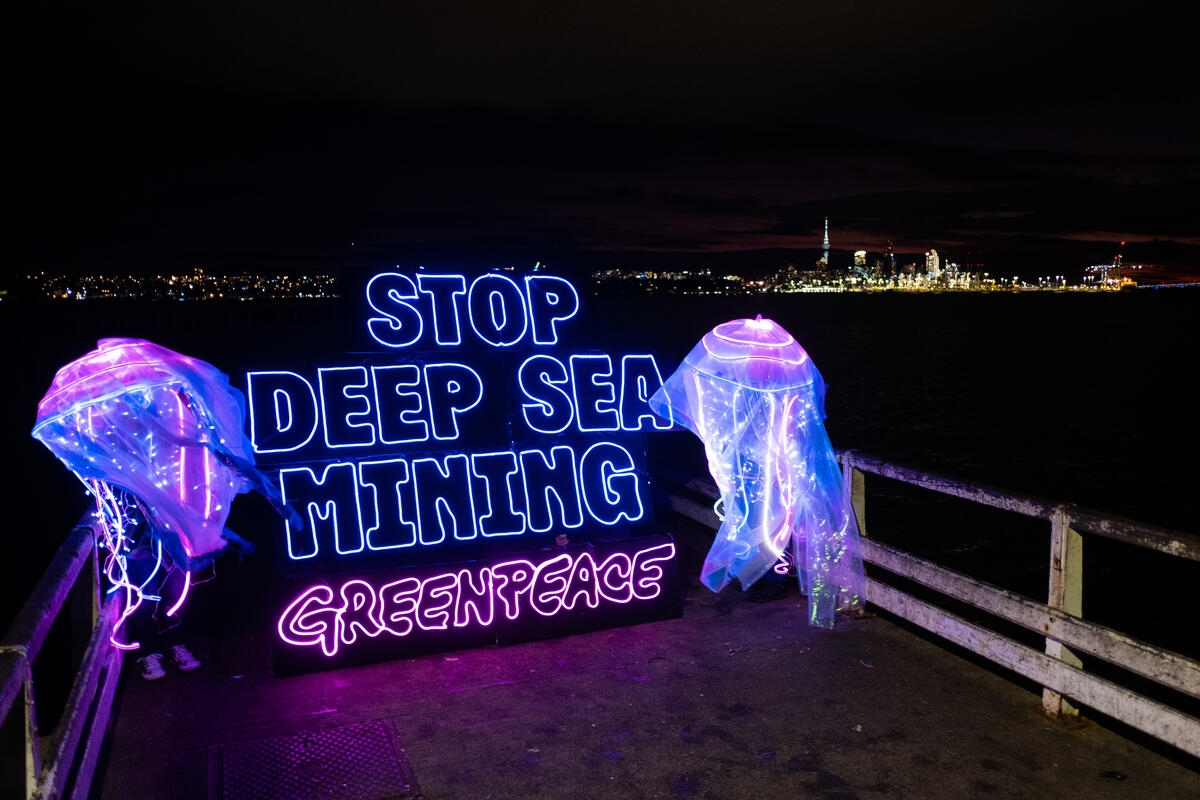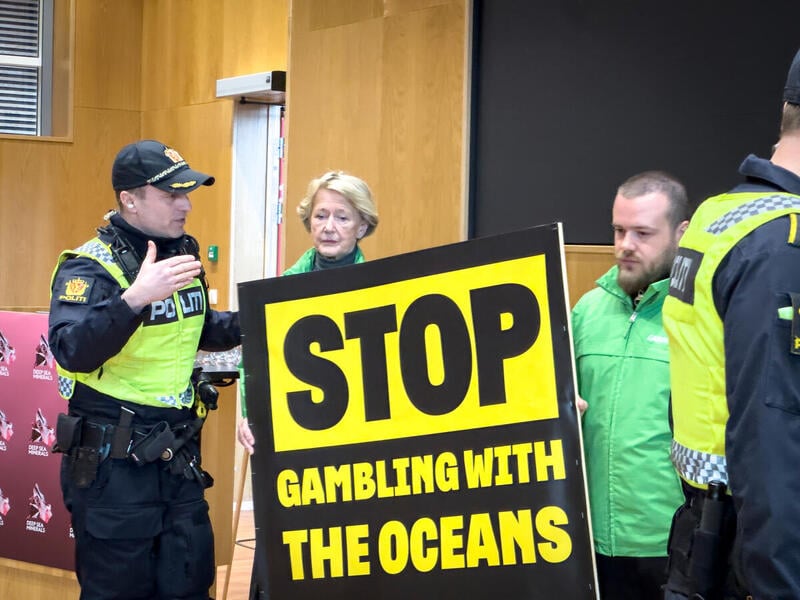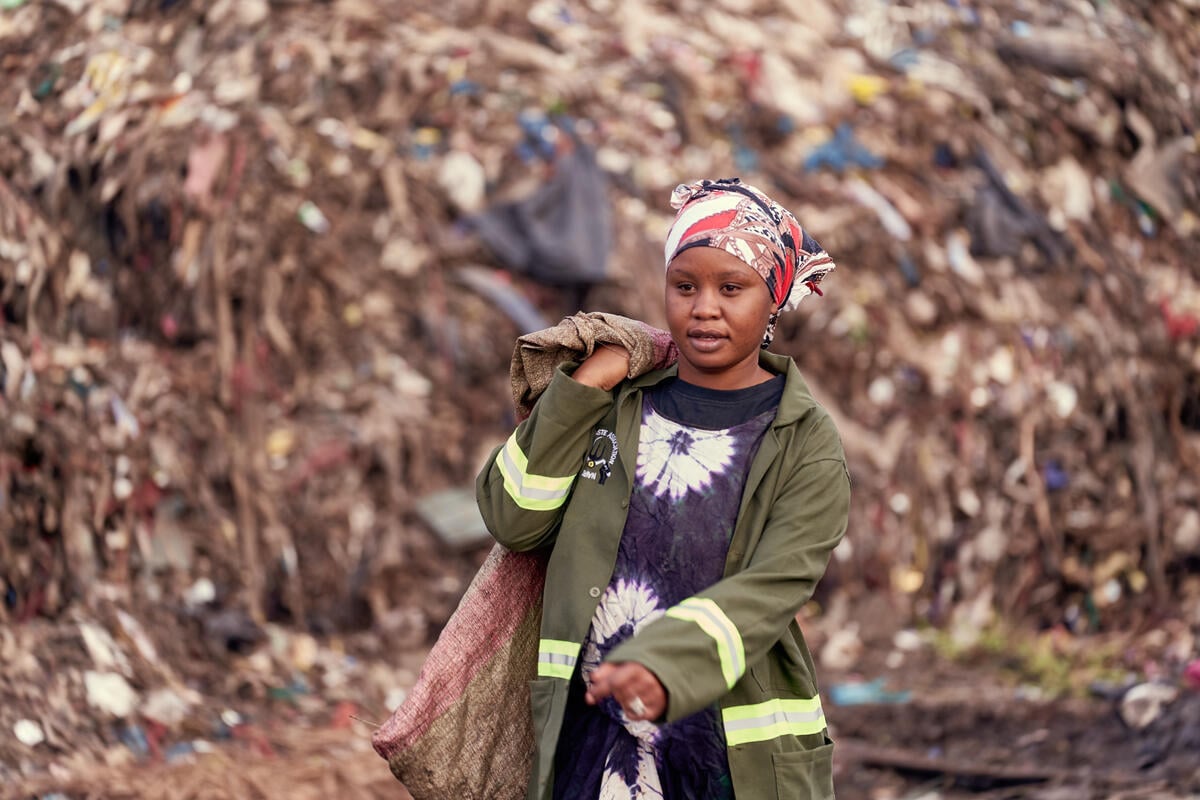As those of you who signed our petition calling on Nestlé to stop single-use plastic might have seen, this week Nestlé responded. We thought it would be courteous to comply with their request to post their response, with a few clarifications:
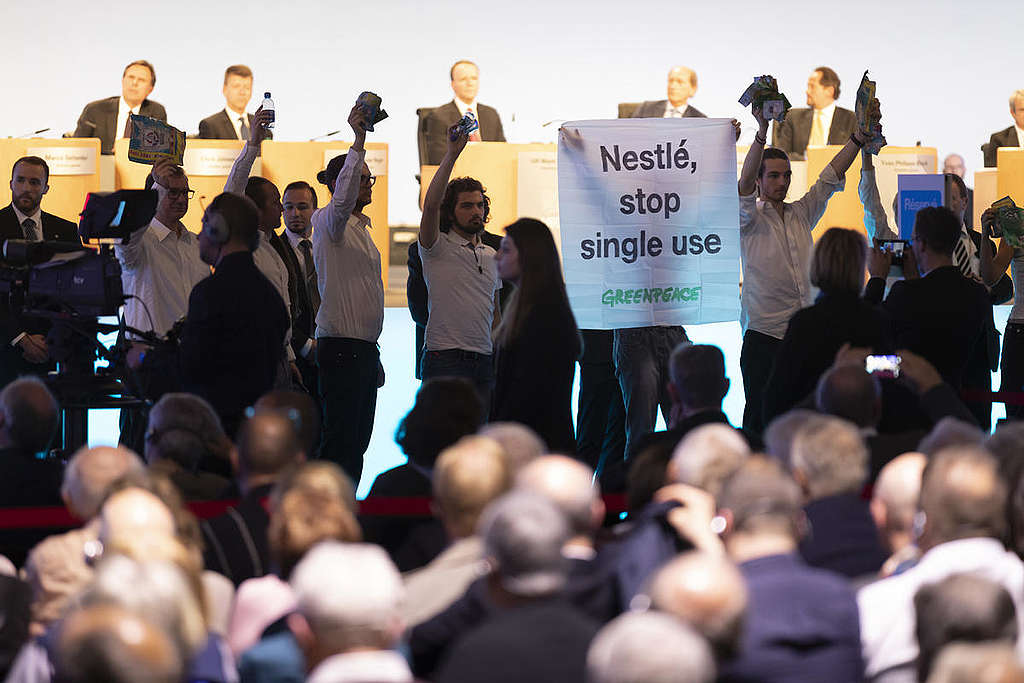
“Tackling plastic pollution, especially in our oceans, is an urgent priority for us. We take this responsibility seriously. We support all efforts to raise awareness and find solutions to the plastic waste problem.”
Great to hear that you support our efforts to find real solutions to the plastic pollution problem! And as we and our allies in the Break Free From Plastic global movement know, the only real solution is reducing the overall production of throwaway plastic packaging.
“In April last year, we pledged to make 100% of our packaging recyclable or reusable by 2025.”
Just because plastic is “recyclable” does NOT mean it will actually be recycled. In fact, only 9% of the plastic ever produced has been recycled. So exactly what percentage are you planning to make REUSABLE?
“We are committed to making a significant difference everywhere we operate.”
As Jane Goodall once said, “What you do makes a difference, and you have to decide what kind of difference you want to make.” Unfortunately, you’ve already made a difference, and not in a good way, as communities and waterways around the world are now choked with plastic.
“That is why we have been working with governments, NGOs, suppliers, waste managers, retailers as well as other companies to take meaningful actions. As we deploy new solutions, we will never compromise the health of our consumers. The safety and quality of our foods and beverages are non-negotiable.”
Thanks for saying you will never compromise the health of your consumers—but it’s not healthy for people to live among piles of plastic waste, or for marine creatures to live in seas full of plastic. Plastic can even be found in our own bodies as microplastics, it’s been found in our water and in our food, and scientists are only just beginning to research and understand the implications of this.
“We are determined to reduce our use of single-use plastics.”
Okay, well then do it. Because everything you are doing right now allows you to keep growing your single-use #PlasticMonster. You could start by being transparent about exactly how much plastic you are producing overall and setting up annual reduction goals.
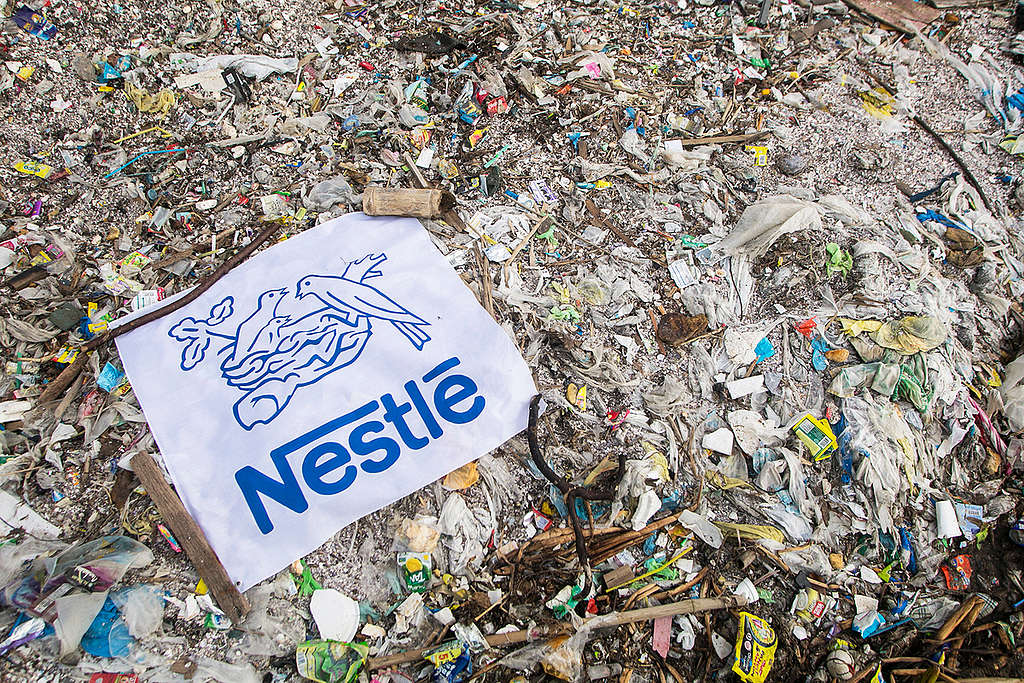
“We are introducing reusable packaging, new delivery systems, and innovative business models. We are currently testing reusable ice cream containers for our Häagen-Dazs brand in the U.S. Dispensers for NESCAFÉ and MILO are already available in many countries around the world. In early 2020, we will launch new water dispensers using state-of-the-art technology, allowing consumers to fill their own reusable bottles.”
We are happy to hear you are investing in reusable and refillable systems. Now you need to do so on a scale that’s big enough to actually make a dent in the huge amount of plastic you are producing.
“These innovative models are promising. They are part of a broader set of actions, which include promoting recycling and developing novel biodegradable and compostable packaging solutions.”
We’ll let our International Executive Director, Jennifer Morgan, answer this one.
“Everyone at Nestlé is committed to making further progress in tackling this global problem. We look forward to working in a constructive manner with all those who want to shape a waste-free future.”
Great! We can’t wait to see your commitment to be transparent about how much plastic packaging you are producing, and a concrete plan for how you are going to reduce that amount.
“You can find out more about what we are doing to tackle the plastic waste problem by visiting: https://www.nestle.com/csv/global-initiatives/zero-environmental-impact/packaging-plastic-pollution”
We’re disappointed that there’s really nothing new or innovative here. Just more about recycling and materials substitution. Your current investment in reduction initiatives are really small scale, and there’s nothing in any of your plans so far to keep you from continuing to increase your overall production of products wrapped in single-use packaging. Let’s be honest, shall we?
“With best regards, Nestlé”
Sincerely, Greenpeace
(on behalf of over 3 million people who are standing with us to stop single-use plastic)

